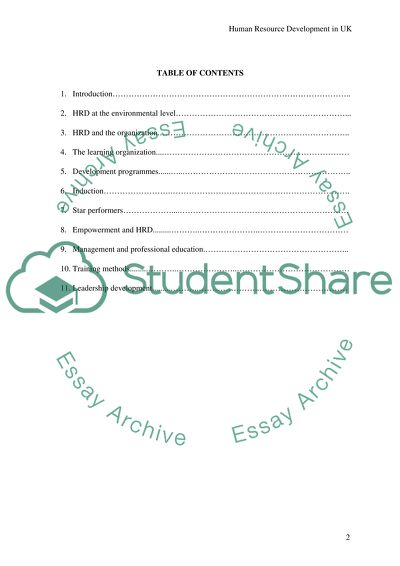Cite this document
(The Learning Organization at the Forefront of Modern Human Resource De Term Paper, n.d.)
The Learning Organization at the Forefront of Modern Human Resource De Term Paper. Retrieved from https://studentshare.org/human-resources/1515125-human-resource-development-in-uk
The Learning Organization at the Forefront of Modern Human Resource De Term Paper. Retrieved from https://studentshare.org/human-resources/1515125-human-resource-development-in-uk
(The Learning Organization at the Forefront of Modern Human Resource De Term Paper)
The Learning Organization at the Forefront of Modern Human Resource De Term Paper. https://studentshare.org/human-resources/1515125-human-resource-development-in-uk.
The Learning Organization at the Forefront of Modern Human Resource De Term Paper. https://studentshare.org/human-resources/1515125-human-resource-development-in-uk.
“The Learning Organization at the Forefront of Modern Human Resource De Term Paper”, n.d. https://studentshare.org/human-resources/1515125-human-resource-development-in-uk.


